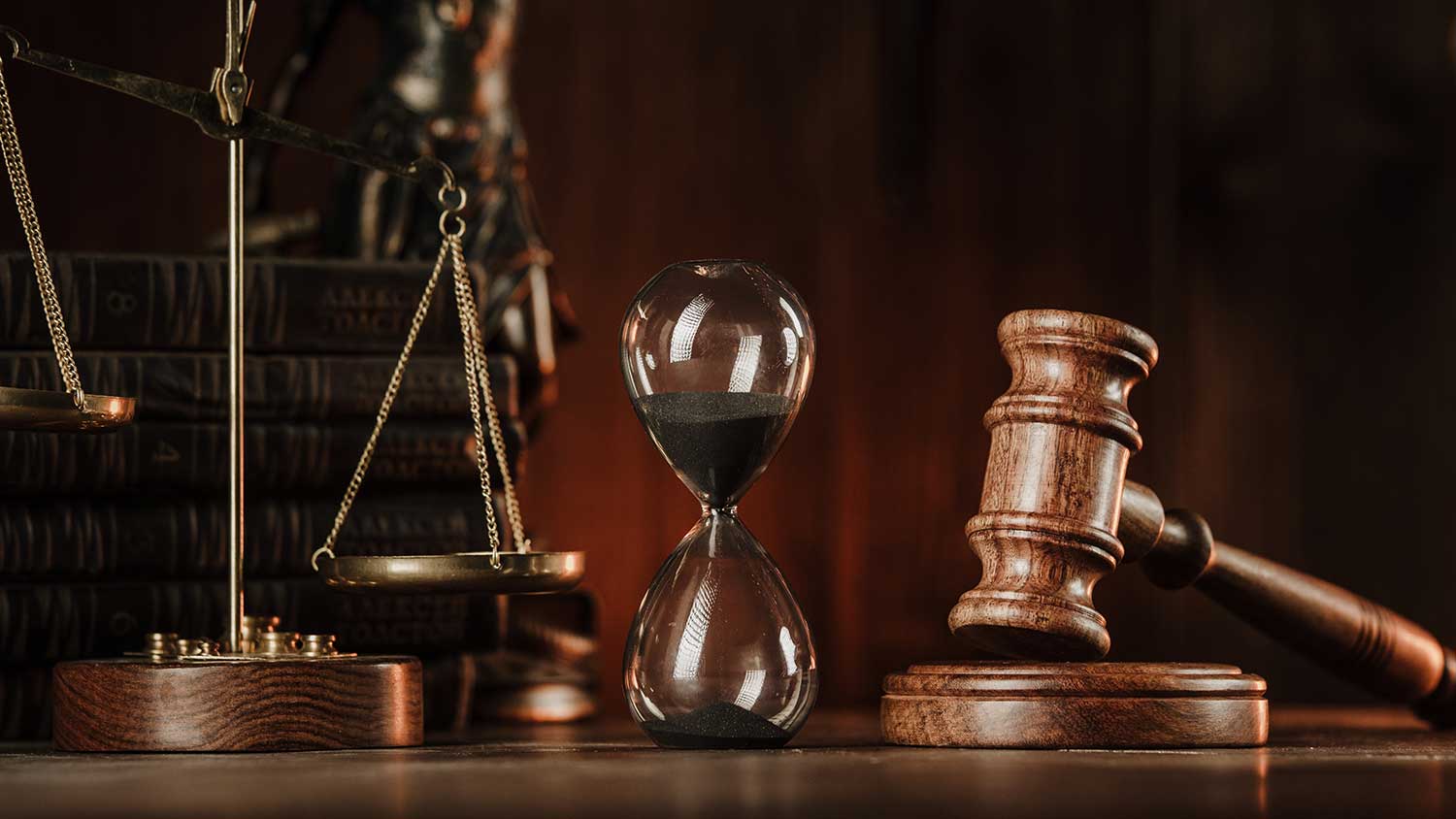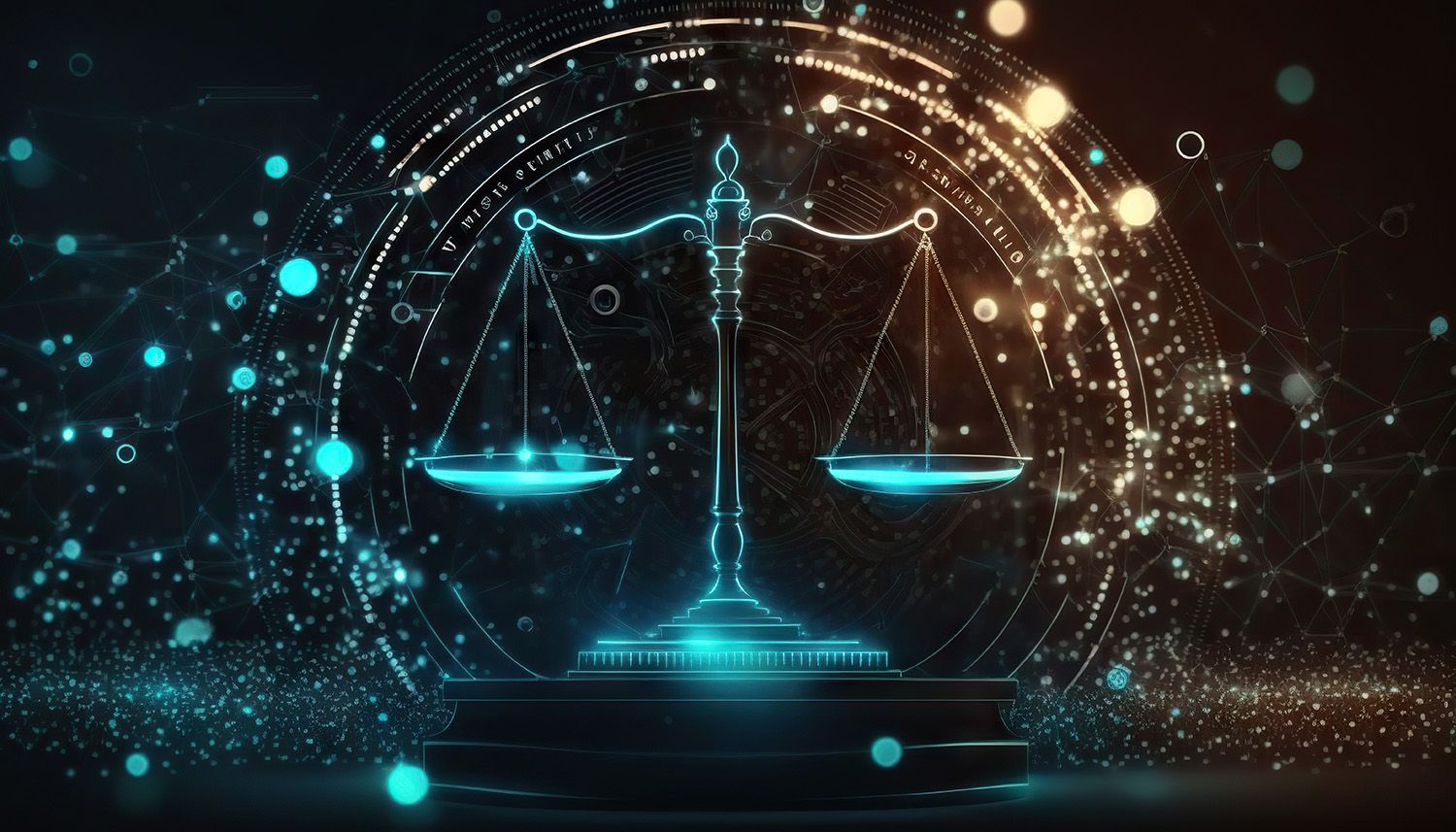EDITED BY:
Professor Michael H. Hoeflich, PhD, Editor-in-Chief
Carrie E. Parker, Legal Editor
Luzianne Jones, Design & Publishing Editor
PUBLISHED BY: Joseph, Hollander & Craft LLC
PUBLICATION DATE: August 29, 2025
READ & DOWNLOAD FULL-TEXT PDF OF LEMR Vol. 6, No. 8
FEATURE ARTICLE: Thoroughness & Completeness in Legal Research in the Twenty-First Century
Lawyers are used to operating in fluid legal conditions, but adapting can be especially difficult when changes are rapid and sweeping. For example, major legislation like the One Big Beautiful Bill Act changes multiple areas of the law. In addition, a very active federal judiciary, including the U.S. Supreme Court, has changed the law in other ways recently.
Lawyers tend to take the process of legal research for granted—as though it is something built into their in-born knowledge. Law students begin law school with courses in legal writing and research, and they engage in research activities almost from the day they start law school. But research is not a static thing. The sources and methods of research change as new technologies, new sources, and new requirements arise. Many senior lawyers who attended law school in the 1960s and 1970s have witnessed several waves of transformation in legal research.
The nature and methods of legal research play a key role in legal ethics. Rule 1.1 requires that all lawyers be competent, and competence is closely tied to thoroughness, including in legal research. KRPC Rule 1.1 reads:
A lawyer shall provide competent representation to a client. Competent representation requires the legal knowledge, skill, thoroughness and preparation reasonably necessary for the representation.
Comment 5 to KRPC 1.1 explains:
. . .
NEW AUTHORITY: Maine Ethics Opinion 227
In January of this year, the Maine Board of Overseers of the Bar issued Maine Ethics Opinion 227, which is an extremely interesting opinion about lawyers’ obligation to report lawyer misconduct pursuant to Rule of Professional Conduct 8.3.
Several parts of Maine Board of Overseers Opinion 227 should be relevant to practitioners in all states, but it is important to note that Rule 8.3 is one of those rules that differs significantly from state to state. So it is critical that readers from states other than Maine recognize these differences and take them into account as they read. Maine Rule 8.3(a)reads:
A lawyer who knows that another lawyer has committed a violation of the Maine Rules of Professional Conduct that raises a substantial question as to that lawyer’s honesty, trustworthiness or fitness as a lawyer in other respects, shall inform the appropriate professional authority.
Missouri Rule 4-8.3 is identical. But Kansas Rule 8.3(a) reads:
A lawyer having knowledge of any action, inaction, or conduct which in his or her opinion constitutes misconduct of an attorney under these rules shall inform the appropriate professional authority.
While the rules for Maine, Missouri, and other states require a specific inquiry into how conduct reflects on the violator, all states require some reporting by lawyers.
Particularly interesting (and potentially helpful across jurisdictions) is Opinion 227’s discussion on the timing of reports of misconduct. The Maine opinion states:
Timing of Misconduct Reports.
Rule 8.3 does not specify when a lawyer must report another lawyer’s professional misconduct to appropriate authorities. By way of general guidance, lawyers should report conduct that raises substantial questions promptly, or within a reasonable time under the circumstances. Prompt reporting fosters the integrity of the system, protects against ongoing harm to the public, and allows remedial action to occur on more reliable evidence. Neither the Maine Rules of Professional Conduct nor the Maine Bar Rules contain a statute of limitations. In actual or threatened litigation in which an adversary’s attorney engages in alleged misconduct, a lawyer cannot use the threat of a report to the appropriate authorities as a bargaining chip in litigation, and such action, for purposes of gaining an advantage in litigation, might constitute a violation of the Maine Rules of Professional Conduct. See M.R. Prof. Conduct 3(b). If an attorney does not intend the report of misconduct to provide any sort of litigation advantage or force a settlement, prompt reporting of the misconduct may deflect charges of ulterior motives. There may be circumstances, however, in which a lawyer should delay reporting another attorney’s professional misconduct. The most obvious situation excusing a delay in reporting misconduct is one in which delay best protects the interests of the offending attorney’s client. Several factors militate against delaying a report of misconduct. These may include the seriousness of the violation, the likelihood of repeated conduct by the offending lawyer, and the degree of prejudice or not, that one’s client would suffer.
When to report misconduct is often a question that puzzles lawyers. This is a fairly balanced and thoughtful statement of the problem that leaves the decision to a lawyer’s judgment. Often, a lawyer may believe that opposing counsel has engaged in conduct that violates the ethics rules and decide that this should be reported. But when? The threat of a report or actual reporting during the course of litigation will often appear to give the reporting lawyer an advantage in the litigation, and this may be ethically problematic for the reporting lawyer. Although Opinion 227 is not innovative (this problem has been discussed before) it reminds us of this problem and provides helpful guidance for all lawyers.
ETHICS & MALPRACTICE RESEARCH TIP: New Articles from the Current Index to Legal Periodicals
1. Ashley M. London, The Unintended Costs of Advance Waivers of Future Conflicts, 86 U. Pitt. L. Rev. 161 (2024).
Advanced waivers of conflicts are often disfavored by authorities. They can be problematic, but they can also be useful if done properly.
2. Varun Magesh et al., Hallucination-Free? Assessing the Reliability of Leading AI Legal Research Tools, 22 J. Empirical Legal Stud. 216 (2025).
The question of AI hallucinations continues to plague the legal profession.
3. Lee F. Peoples, Artificial Intelligence and Legal Analysis: Implications for Legal Education and the Profession, 117 Law Libr. J. 52 (2025).
In many cases, law librarians are in the forefront of thinking about legal AI.
A BLAST FROM THE PAST: Law and the Prophets
“Therefore, all things whatsoever ye would that men should do to you, do ye even so to them; for this is the Law and the Prophets.”
— Matthew 7:12 in the King James version of the New Testament.
This sums up the basis for all legal ethics and, indeed, for all ethics in general. In these difficult times, it is useful to get back to basics.
READ & DOWNLOAD FULL-TEXT PDF OF LEMR Vol. 6, No. 8
About Joseph, Hollander & Craft LLC
Joseph, Hollander & Craft is a mid-size law firm representing criminal defense, civil defense, personal injury, and family law clients throughout Kansas and Missouri. From our offices in Kansas City, Lawrence, Overland Park, Topeka and Wichita, our team of 26 attorneys covers a lot of ground, both geographically and professionally.
We defend against life-changing criminal prosecutions. We protect children and property in divorce cases. We pursue relief for clients who have suffered catastrophic injuries or the death of a loved one due to the negligence of others. We fight allegations of professional misconduct against medical and legal practitioners, accountants, real estate agents, and others.
When your business, freedom, property, or career is at stake, you want the attorney standing beside you to be skilled, prepared, and relentless — Ready for Anything, come what may. At JHC, we pride ourselves on offering outstanding legal counsel and representation with the personal attention and professionalism our clients deserve. Learn more about our attorneys and their areas of practice, and locate a JHC office near you.










